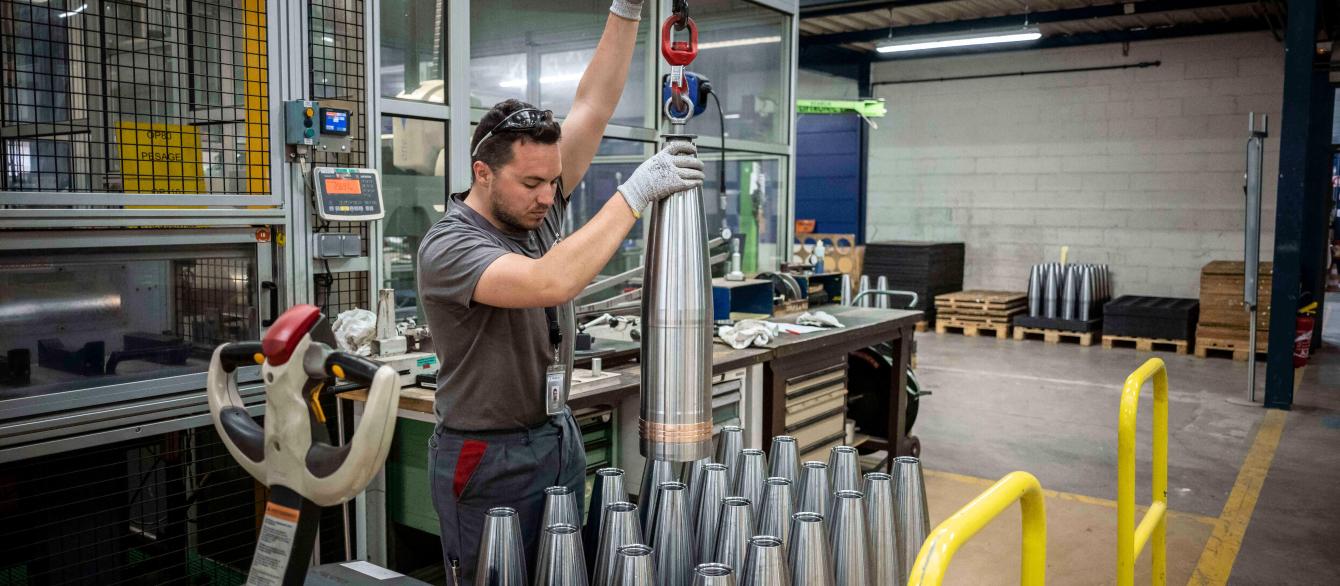This is an excerpt of an interview originally published by The Harvard Gazette.
Many European leaders believe they can no longer rely on the U.S. for the high level of defensive support they have counted on for decades now that President Donald Trump, a longtime critic of NATO and the European Union, has returned to office.
In this edited conversation, Richard D. Hooker Jr., a senior associate at the Belfer Center’s Project on Europe and the Transatlantic Relationship at Harvard Kennedy School, discusses what Europe has to do to get ready for that new reality.
A distinguished veteran, Hooker served in national security roles during the Trump, George W. Bush, Bill Clinton, and George H.W. Bush administrations and has been on the faculty of National Defense University, National War College, and U.S. Military Academy at West Point.
You recently wrote that Europe has to shore up its own defense because it is no longer a priority for the U.S. How do things look at this moment?
I think for sure the threat to European security is much greater. The reason is the perception that the U.S. is disengaging and, in some ways, working with Russian President Vladimir Putin. That encourages Putin and dismays the Europeans, which has a downside and an upside.
The U.S. has worked for decades to suppress any notions of European strategic autonomy. We always thought we’d be the primary security provider in Europe, and we like being the leaders of NATO. So to that extent there’s been very halting progress at developing a separate or independent capability in Europe.
There’s an article in The Wall Street Journal that argues that Europe’s got way more in the way of forces and in wealth than Russia. But when you really peel the onion back, there are a lot of problems with that thesis.
The first is that readiness across Europe is quite low, even among the major powers — the French, the British, the Germans, the Italians. They would struggle to put a single army combat division in the field in less than 60 or 90 days. They probably could not put a second in the field for much longer after that.
The U.K. had 66 divisions in World War I, it would struggle to put one out in 90 days to defend the Baltic states. So that’s a pretty low level of readiness.






